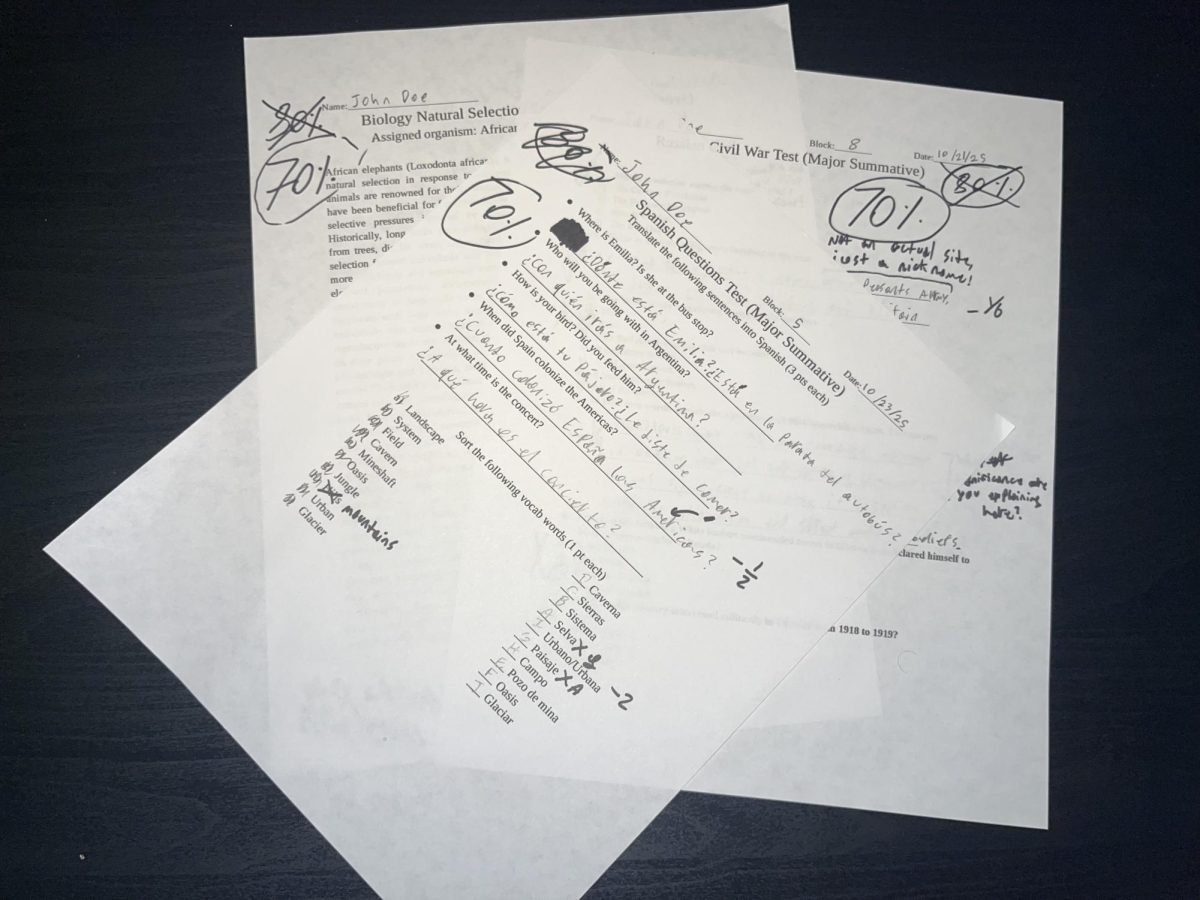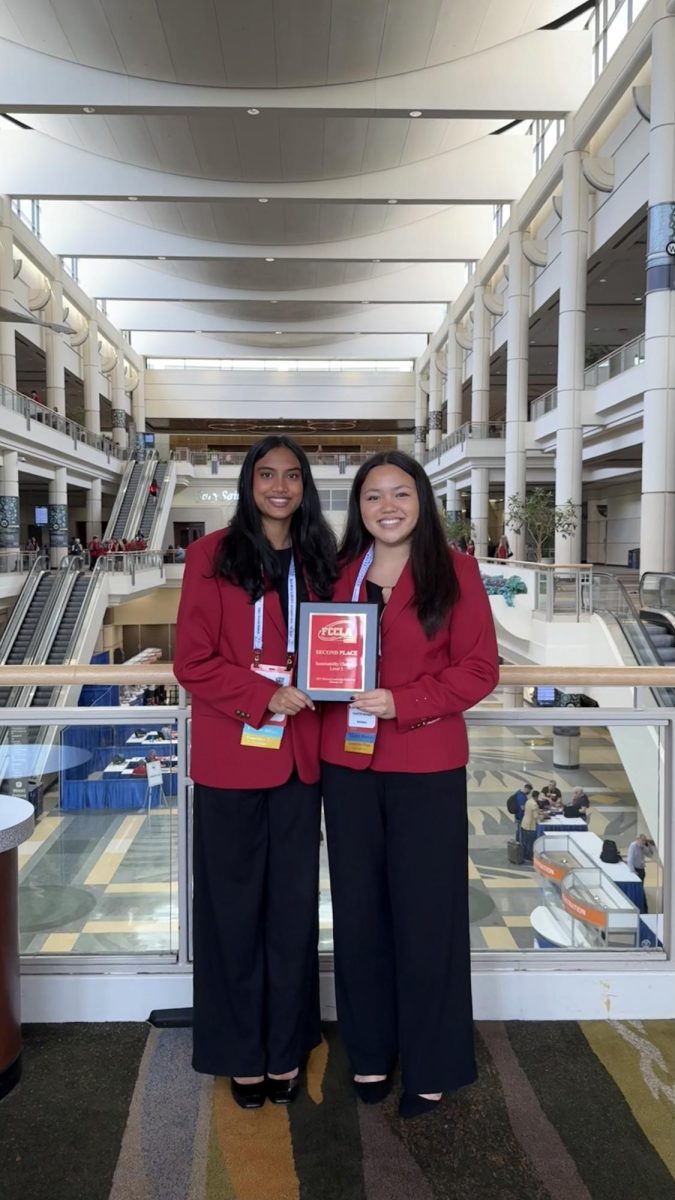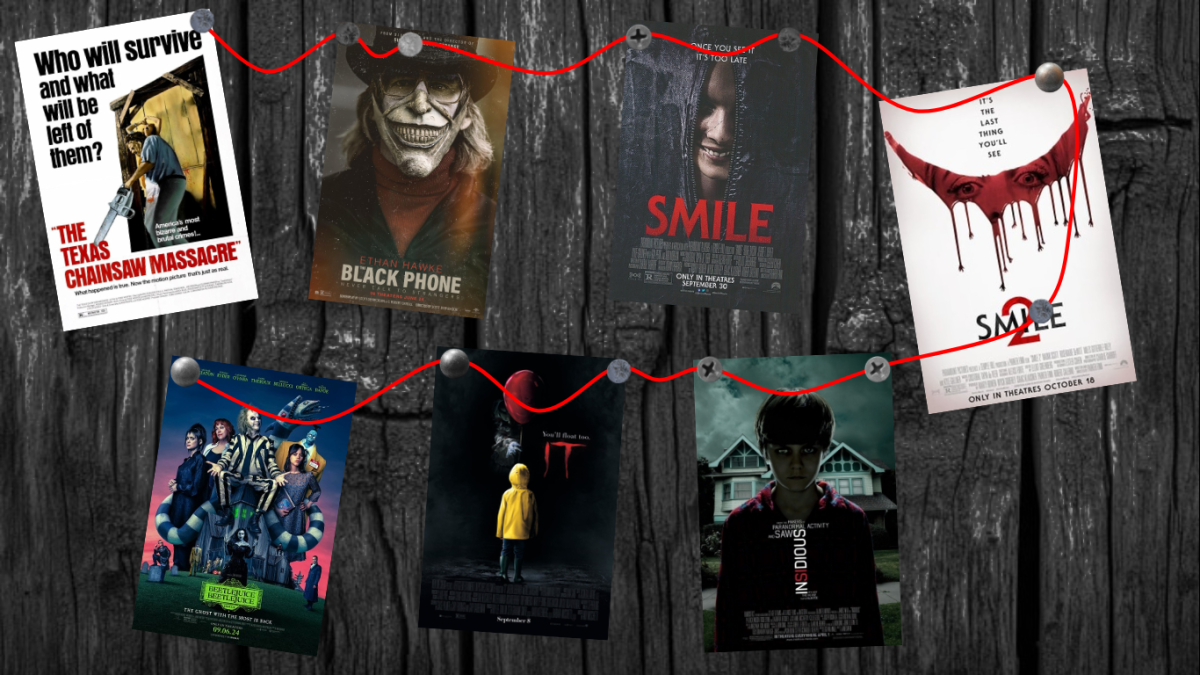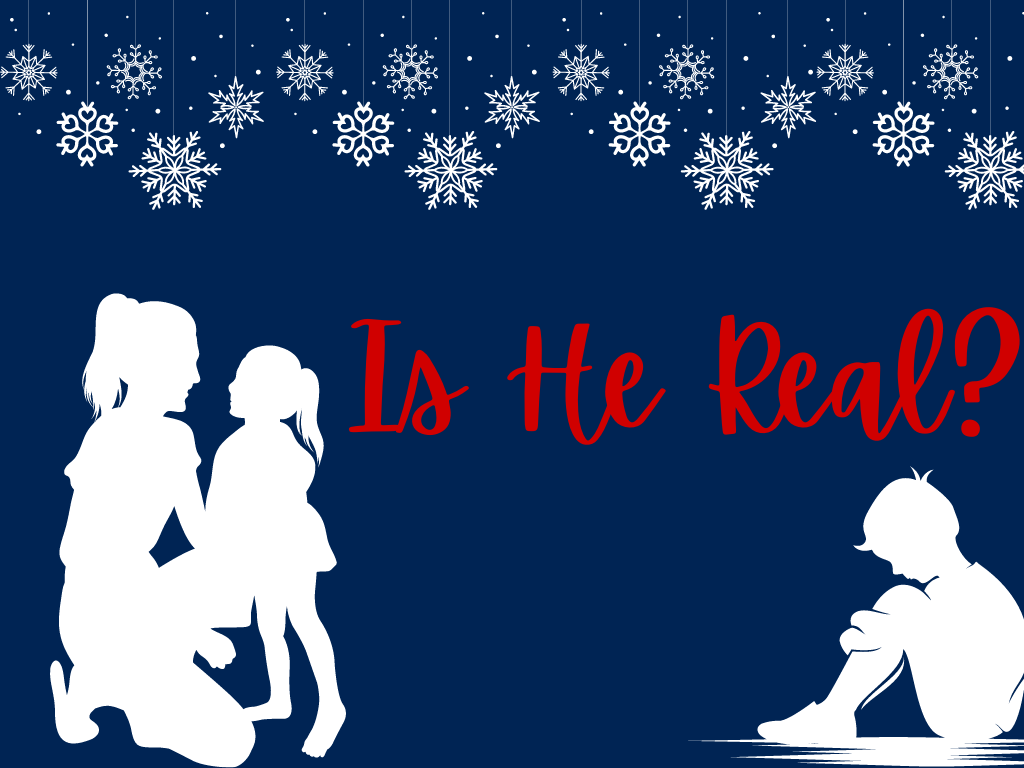It’s a snowy Christmas morning. When you get downstairs, the first thing you find is a pile of presents, beautifully wrapped underneath your Christmas tree. It’s the first Christmas when you know the gifts are only from your friends and family. Last Christmas, you believed that your presents only came a couple of hours ago when Santa came down your chimney.
You’re in first grade, so as Christmas begins to creep up, you and your friends start discussing what you want from Santa. You ask one of your friends what they want from Santa and then they say “Santa’s not real.” First, you get confused, and then you get heartbroken. No matter how much your parents might explain that family is the focus of Christmas, not Santa, the holiday will no longer feel the same. That’s why it is selfish for parents to tell their little kids Santa isn’t real even if they don’t celebrate it. The child will find out on their own time regardless.
“Santa Claus” was originally born near 280 A.D. in modern-day Turkey. He was known as St. Nicholas. As a monk, he would travel across the world to give gifts like apples, oranges, nuts, cookies, and sweets to children from poor families. Additionally, he gave company to sick children in need. After he died on Dec. 6, 343 A.D., families honored his death in December for centuries to come.
Traditions from St. Nicholas Day began to spread in the middle of the 12th century. First, it was observed in the Netherlands and then it was celebrated in France, Germany, Austria, Switzerland, and England. In France, nuns would drop candy off for children in need. Then, it began to become a tradition in northern and central Europe.
Finally, the Dutch brought the tradition to America. They translated his name to Sinter Klaas and his gift-giving was a tradition that continued while stores began to advertise a prototype of the modern-day Santa. Sinter Klaas caused Christmas to become more commercialized by the 1840s.
While Christmas is a popular tradition for a lot of people, some choose to not celebrate it because of their religion and personal beliefs. Because there is no need to lie if they don’t celebrate the holiday, they may decide to tell their kid that Santa isn’t real if they ask about it. Even when most of those parents don’t have intentions for their kids to tell other kids he’s not real, responsible parents should still realize that children have very little impulse control.
Senior Sarayu Varanasi was only ten years old when her parents decided to tell her Santa wasn’t real. Nevertheless, that didn’t break her spirit and belief in the jolly man. “[Santa] brought me presents up until the age of 10, when my parents broke the cold, hard, stupid truth to me, and that broke my heart,” Varanasi said. “I’m not ‘Christmas’ religious by any means, Santa Claus is the only thing I truly believe in.”
While parents spoiling the secret of Santa is one of the ways that children’s Christmases change, a lot of other kids find out on their own. “I found out Santa wasn’t real when I saw my parents wrapping my gifts and writing Santa on them at night,” junior Aniya Walker said.
On the other hand, sophomore Anika Ranadave came to that realization when she was only five years old. “It just didn’t make sense to me, the whole concept of coming down a chimney,” Ranadave said. “I think it was because I lived in an apartment and we didn’t really have chimneys.”
Some parents may argue that they’re doing their children a favor by not lying to them. They might believe that if they lie to them about a part of Christmas, then they won’t be trusted for other things, such as the Tooth Fairy or the Easter Bunny. However, when those other questions come up, some of those parents don’t quite stay consistent with their thought process of telling the truth about “fake things.” When introduced to the idea of Santa Claus though, that’s when they spoil it. “Honestly, I think it would be better for kids to find out about Santa on their own because especially with the advent of the internet, kids find out so early nowadays,” sophomore Geoffrey Banks said. “If you’re a kid on YouTube, you’re going to find out that Santa is not real as soon as holiday time comes up.”
Therefore, it’s best that you let your child find out about the reality of Santa on their own. By the time their maturity develops, they will come to that conclusion themselves. There would be no reason to ruin their childhood and potentially the childhood of others.
























![The Phoenix varsity volleyball team lines up for the national anthem. “We were more communicative [with each other] during this game, and I feel like we kept our energy up, especially after the first set,” senior Jessica Valdov said.](https://theblazerrhs.com/wp-content/uploads/2024/10/DSC_0202-1200x800.jpg)










![Junior Alex Alkhal pitches the ball. “[I] just let it go and keep practicing so we can focus on our goal for the next game to get better as a team,” Alkhal said.](https://theblazerrhs.com/wp-content/uploads/2025/05/DSC_0013-1-1200x929.jpg)





















